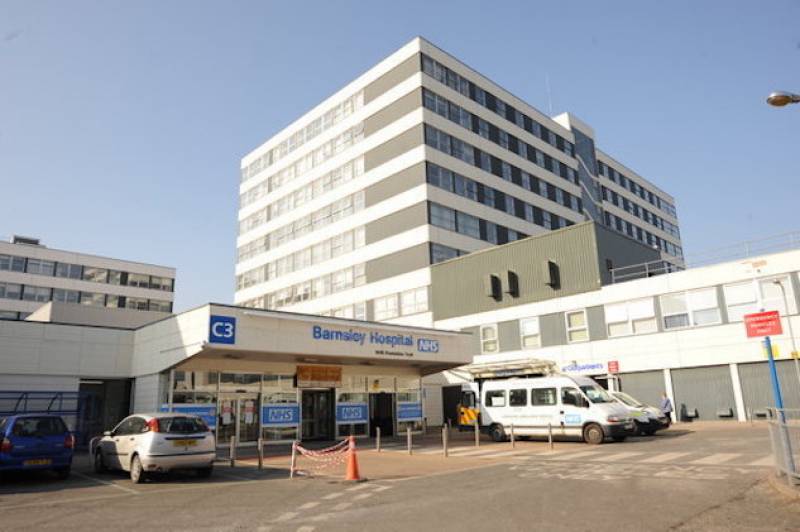OVERWORKED staff on Barnsley Hospital’s emergency department have implored people to stay away unless absolutely necessary – as more than ten times as many people face long waits for treatment than at the pandemic’s start.
The latest figures from NHS Digital show 9,323 people went through the doors at Barnsley A and E across September, 2,781 of which waited longer than four hours to be treated.
That number is almost double what it was a year prior, when 1,413 of 7,605 were left waiting for four hours.
It also dwarves records from April and May last year around coronavirus’ first ‘peak’ when 203 of 4,301 and 335 of 5,830 patients, respectively, had to wait for longer than the four hours that NHS bosses use as a performance benchmark.
Lockdown brought fewer people to the hospital’s emergency department, but – as seen in snowballing numbers of residents contacting their GPs for appointments – as restrictions have eased, services have come under more pressure.
Worries over ailments through periods of lockdown and lengthy waits for GP appointments could be to blame for the influx.
As restrictions began to be lifted in June, the highest number of people in more than a year went through the doors, at 9,920, of which 3,075 – almost three times higher than 2020-21’s first quarter – waited for more than four hours.
“Many conditions can be managed through self-care, your local pharmacy, or your GP,” said Dr James Griffiths from Barnsley’s emergency department. “Don’t forget the iHeart Barnsley service has an out-of-hours GP service.”
In June the hospital declared a rare OPEL (operational pressures escalation level) four after 300 patients attended in one day, leaving staff ‘unable to deliver comprehensive care’.
Bosses began planning as early as last January before the ‘Covid ward’ – on the Gawber Road building’s top floor, in the Acorn Unit previously used for care of the elderly – was established in March. Staff moved intensive care and respiratory units – which can take months – across the hospital in a matter of days, while the emergency department was separated into ‘hot’ and ‘cold’ areas for those with and without symptoms, and respiratory beds more than doubled from 23 to 53.
A report issued to Barnsley Hospital’s board of directors last September said the department’s clinical decision unit ceased to function while its accommodation was used for resuscitation.
The hospital is encouraging people to consider other options, including the Pharmacyfirst scheme – a push for those with minor conditions to visit their pharmacist for advice and treatment as a first port of call.
“We ask anyone who is feeling unwell or is injured but is not facing a medical emergency to consider other options,” said a spokesperson.
“When you think you need A and E for something that may not be urgent or an emergency, go to 111 online first – they help you right away and, if needed, a healthcare professional will call you. Remember that Barnsley pharmacies offer a wide range of services and expert advice for a whole host of common conditions like aches and pains, colds and tummy troubles.
“If they think you need additional help, or advice, they will let you know.”


















